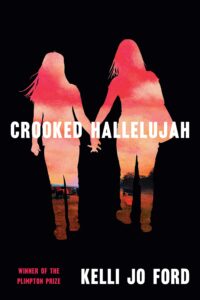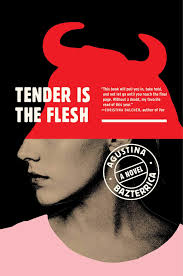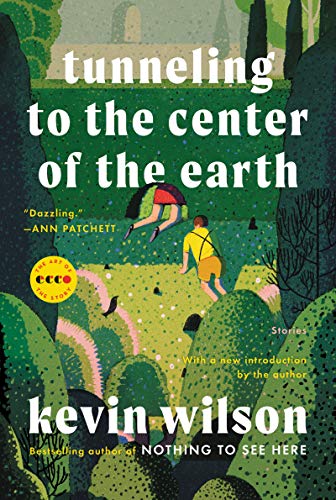
Crooked Hallelujah is brave novel that sheds light on contemporary American life in surprising and meaningful ways. It first came to my attention after a friend of mine commented that the novel was garnering a number of online reviews from book bloggers who were complaining about the book’s lack of Native-American-ness. This repeated complaint created brain-dissonance in both my friend and me, since Kelli Jo Ford is a citizen of the Cherokee Nation of Oklahoma, whereas the reviewers complaining about her book’s lack of an authentic Native American voice were white. I mean, come on.
This novel is to be praised first and foremost for its complicated, heartbreaking examination of the limited and self-damaging choices women have when they live in poverty–especially when they are raising children in circumstances that offer very little hope. There are so few literary novels written from the perspective of poverty, when it’s one of the existential crises of our age. The novel gives nuance and humanity to characters who are living on the bleeding edge.
The novel is also to be cheered because it’s a serious literary work that tackles head-on the sometimes-redemptive, frequently-damaging nature of religious conviction in modern life. Not since Jamie Quatro’s Fire Sermon have I seen the topic of religious faith dealt with so well in literary fiction (or at all, frankly). The outsized effect that religion has on American culture today is almost never given its proper weight in contemporary fiction, and I welcomed the insights Ford wrote into her story here.
I know that “brave” is a word so overused in author blurbs that it might provoke cynicism in a review, but if you can remember the original meaning of “brave,” that’s what this novel is.
View all my reviews


